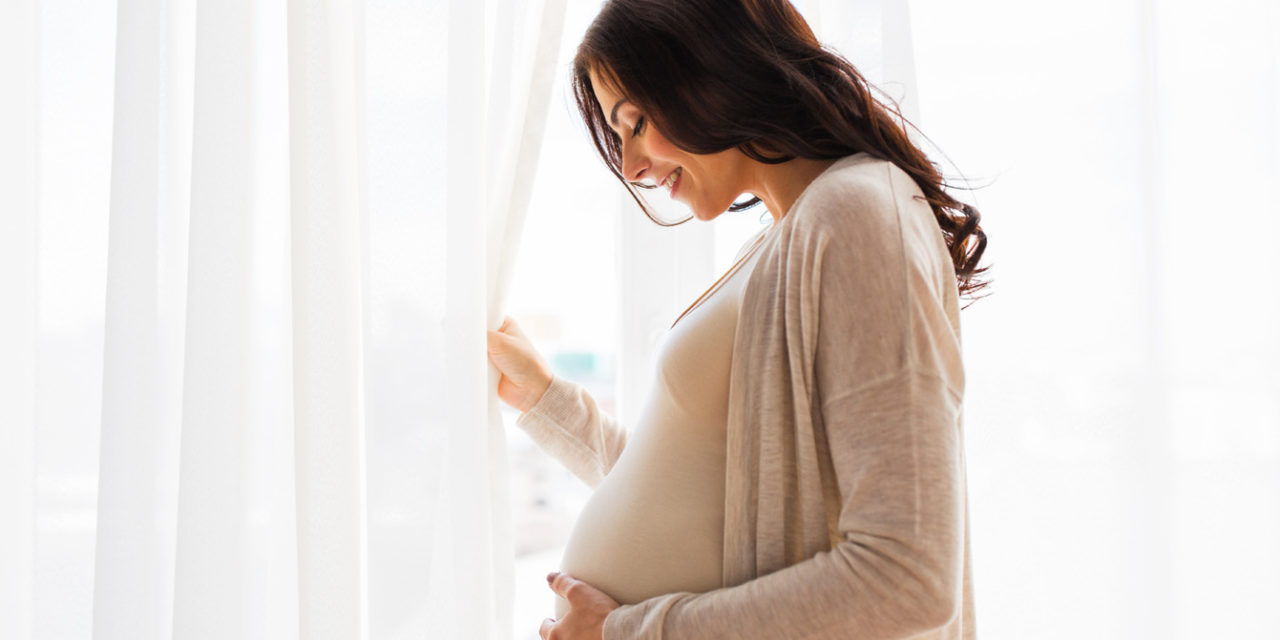At the end of spring, gardeners are enriching the fertility of their soil with compost. It’s a time of awakenings and readiness for the metamorphosis of seed to bounty. In Chinese medicine, we refer to this as bianhua, a transformation or change into a new state of being.
We embody bianhua by using our bodies and minds to transform ourselves by breathing into our current state and breathing out new energy into the universe. Inhaling and exhaling are the body’s subconscious way of telling us we are here and ready to continue. The connection between bianhua and fertility can be felt as we ready our own soil for a new bounty.
Just as a gardener tends to the soil, paying close attention to the blooming process, understanding our own fertility begins with listening to our bodies and being aware of any symptoms or underlying conditions disrupting our reproductive cycles.

What is Acupuncture and Chinese Medicine compared to conventional medicine?
Chinese medicine works alongside conventional medicine with harmonious integration, and the two systems work best by complementing one another. It’s never either/or with Chinese and conventional medicine; rather, embrace how each medical system works together to create holistic care.
According to the theories of Chinese medicine, the reproductive, digestive, nervous, endocrine, and immune systems are interconnected by a network of channels, and they exert a mutual influence upon one another. These channels form an intricate web that helps systems and parts of the body communicate and interact with one another.
Acupuncture works by stimulating specific sites along these channels called scupuncture points or acupoints. By stimulating these points, the body’s channels become activated, helping to strengthen the relationships among all the systems and parts of the body. As the systems of the body return to a naturally balanced and harmonious state, the organs, glands, and hormones are strengthened and regulated and are better able to return to normal function.
The goal of acupuncturists is to help the body function optimally. As the systems of the body come back into balanced relationships, the reproductive system begins to function normally again, and fertility outcomes increase significantly.
What treatments are available to enhance fertility?
Practitioners of Chinese medicine are trained in a variety of methods to treat underlying imbalances that may be inhibiting peak fertility potential. Treatments are catered to the specific person, their unique constitution, and the underlying root causes. Symptoms are like the leaves on a tree, and a medical provider is a highly trained detective trying to understand the root structure of the tree and the condition of the soil that supports it. A treatment plan is developed based on that and usually includes acupuncture, herbal medicine, nutritional support, and dietary and lifestyle advice.
In conjunction with acupuncture, herbal medicines help to regulate the movement of blood in and around the uterus and ovaries. Herbal medicines also help strengthen and improve the function of organs and glands. By regulating blood flow to the uterus and ovaries and correcting weaknesses in the organs and glands, herbal medicines form a highly effective adjunct to acupuncture treatments and play an integral role on the journey toward improved fertility outcomes.
What fertility disorders can be addressed with Chinese medicine, and how does it complement conventional treatments like in vitro fertilization?
A variety of complicated factors contribute to the health of the reproductive materials and their viability in utero. Chinese medicine can:
- reduce stress hormones that inhibit ovulation
- increase blood flow to reproductive organs
- enhance the quality of the uterine lining so that the embryo can successfully implant and receive nutrition
- improve the quality of both eggs and sperm
- stimulate and regulate hormone production to promote a balanced endocrine system
Underlying conditions such as PCOS, endometriosis, decreased ovarian reserve, fibroids, amenorrhea, immunological factors, irregular menses, and luteal phase defects are just some of the conditions that often lead to obstacles to one healthy egg for women trying to conceive. If pursuing IVF, It is recommended that women (and their male partners when applicable) begin working with a Chinese medicine fertility specialist three months prior to egg retrieval to optimize blood flow, reduce inflammation, and promote overall balanced systems.
Candace Billings is the Owner & President Sundara Wellness Center. As a graduate of the National College of National Medicine with a Masters in Oriental Medicine, she specializes in digestive issues, endocrine disorders, chronic fatigue, emotional health, and women’s health (fertility, menstrual pain/irregularity, menopause, hormone imbalances, prenatal and postpartum care). For more information call Sundara Wellness 901.321.5803 or visit Sundarawellness.com.







